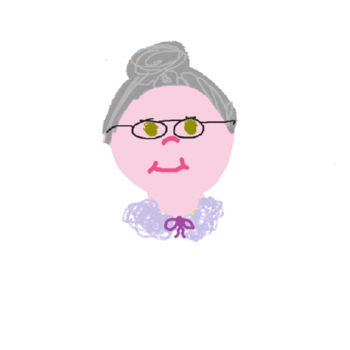Question #29c12
2 Answers
It is will. See explanation.
Explanation:
"Linking verbs do not express action. Instead, they connect the subject of the verb to additional information about the subject."
This definition comes from: http://www.chompchomp.com/terms/linkingverb.htm
Here the word will does not express an action. It only expresses Future tense, so it is a linking verb. The main verb is look for.
There is no linking verb in the given sentence.
Explanation:
A linking verb connects the subject with a word that gives information about the subject:
- A linking verb acts as an equal sign, the subject is or becomes the object.
- The object of a linking verb is called a subject complement.
There is no subject complement in the sentence.
Subject complements are:
- a predicate noun (also called a predicate nominative) is the noun or a pronoun following a linking verb that restates the subject.
- a predicate adjective is the adjective following a linking verb which modifies (describes) the subject of the sentence.
Examples of linking verb:
I will be a drummer in the parade tomorrow. (I = drummer)
You may be happy to see the parade tomorrow. (you = happy)
She was selected parade princess. (she = princess)
In the sentence, "Will you look for me in the parade tomorrow?", the subject is "you", the verb is "will look" modified by the adverb "tomorrow". There is no direct or indirect object.
Both "for me" and "in the parade" are prepositional phrases.

